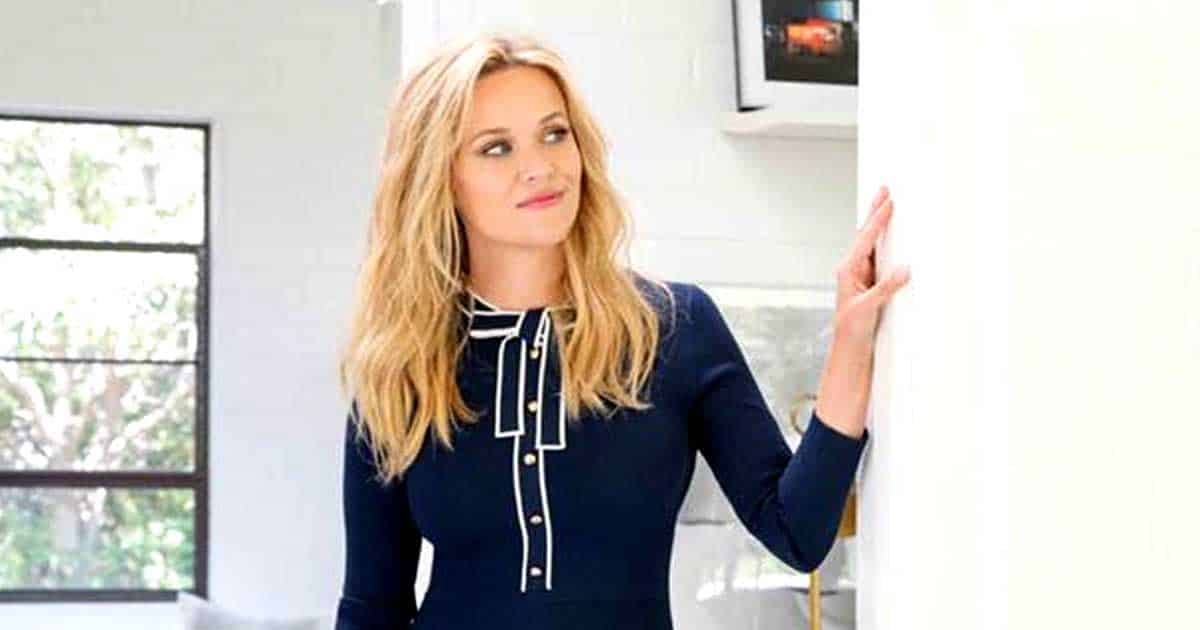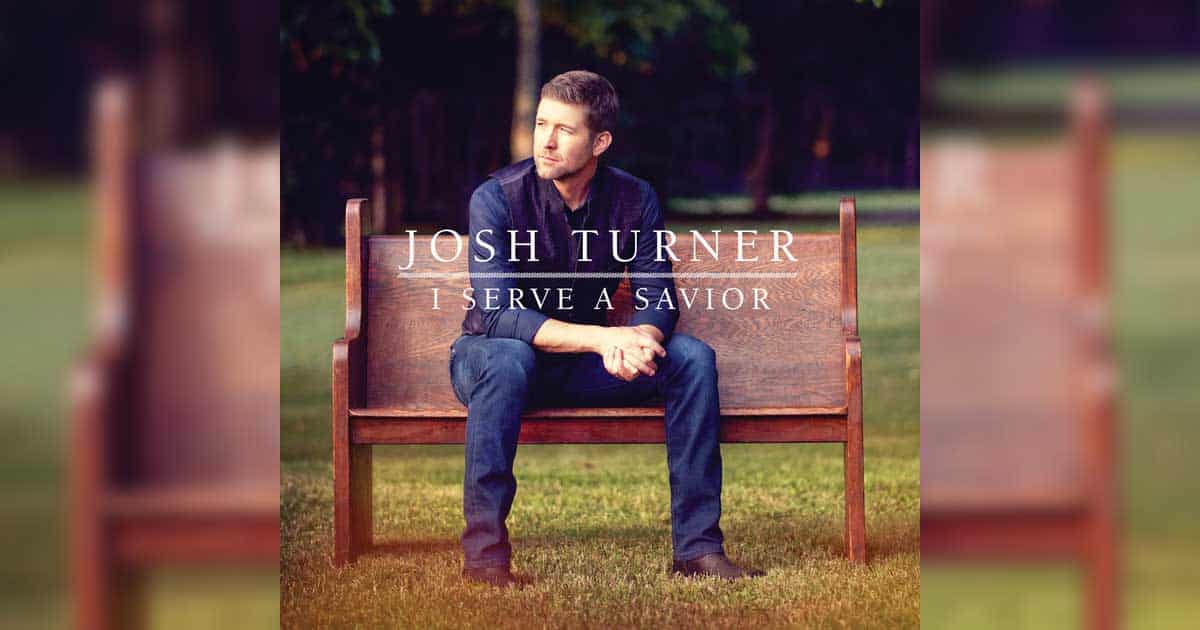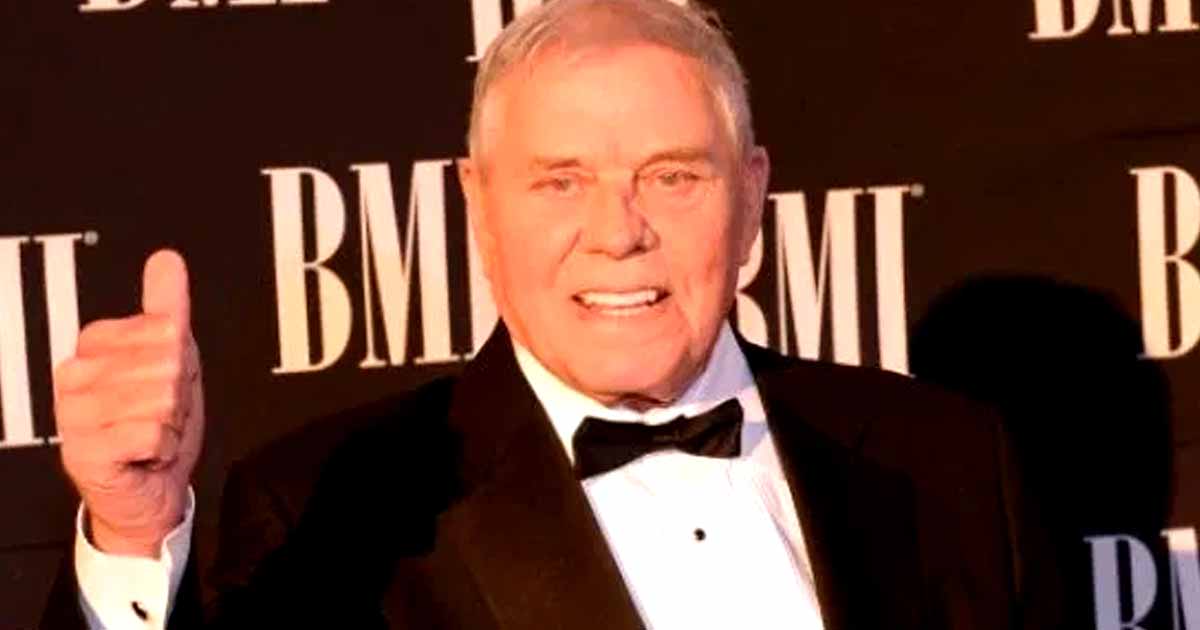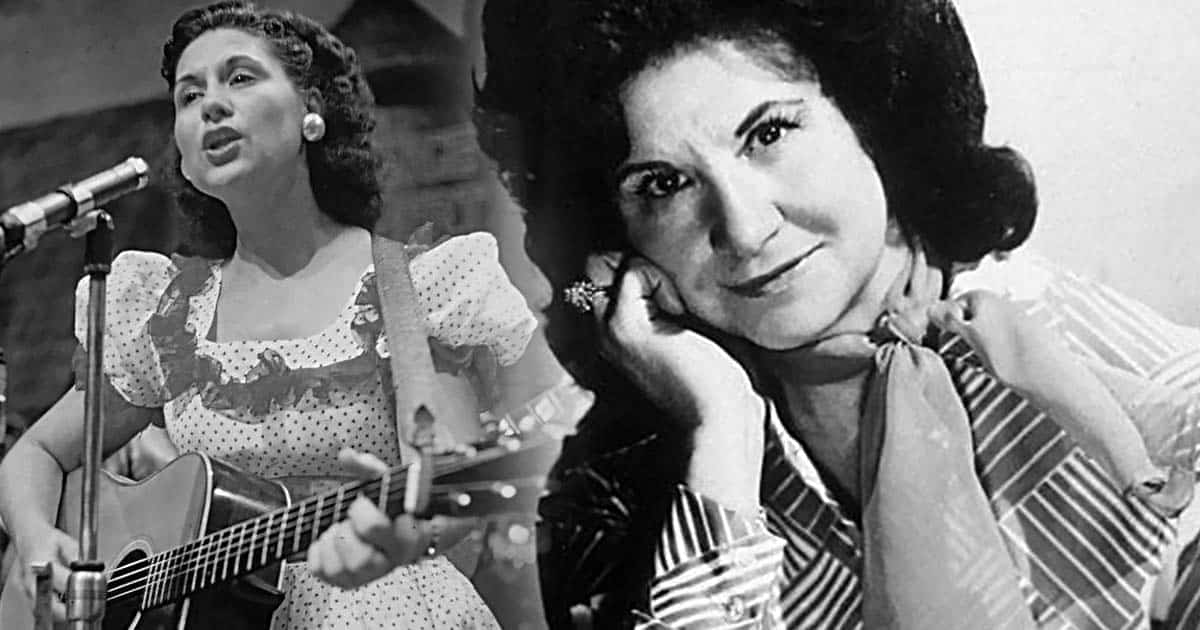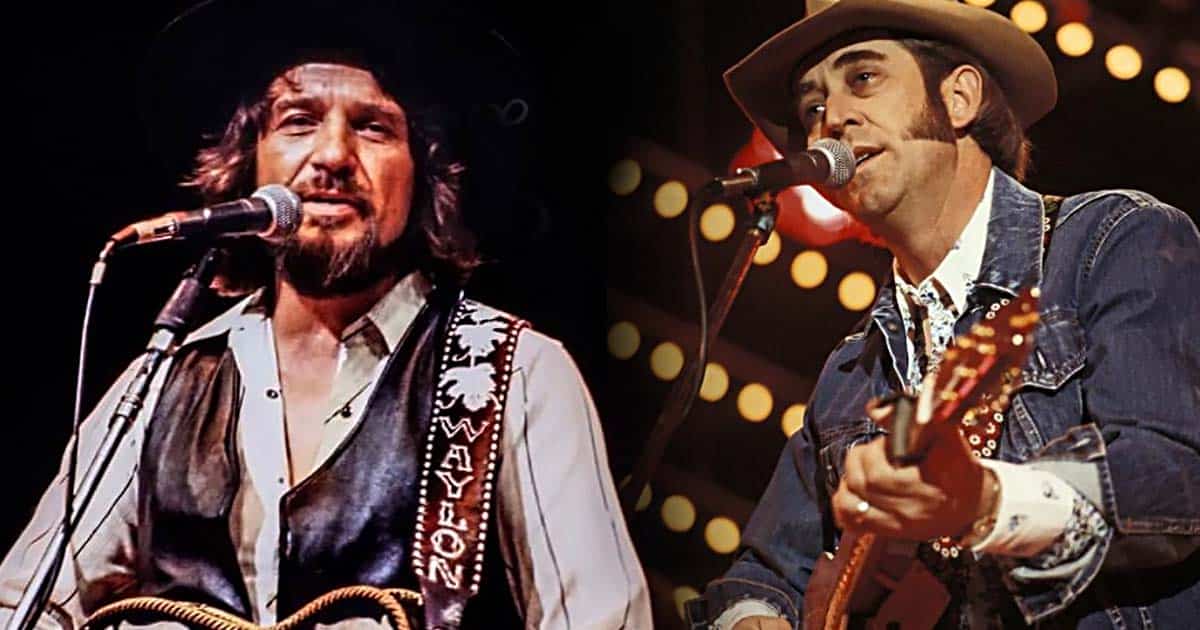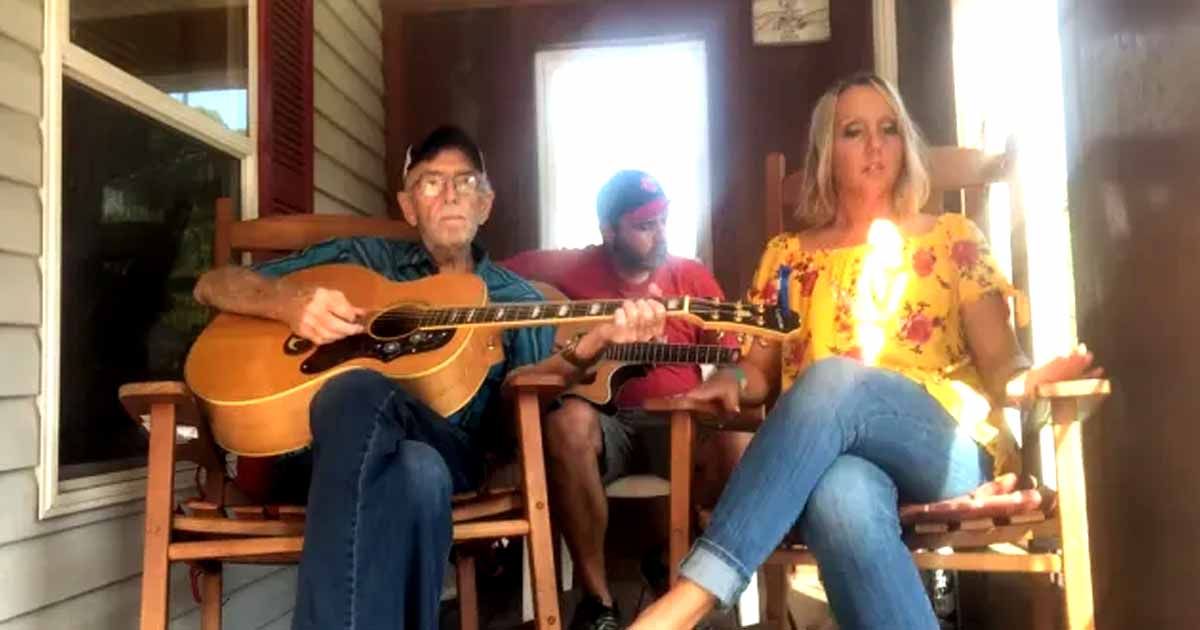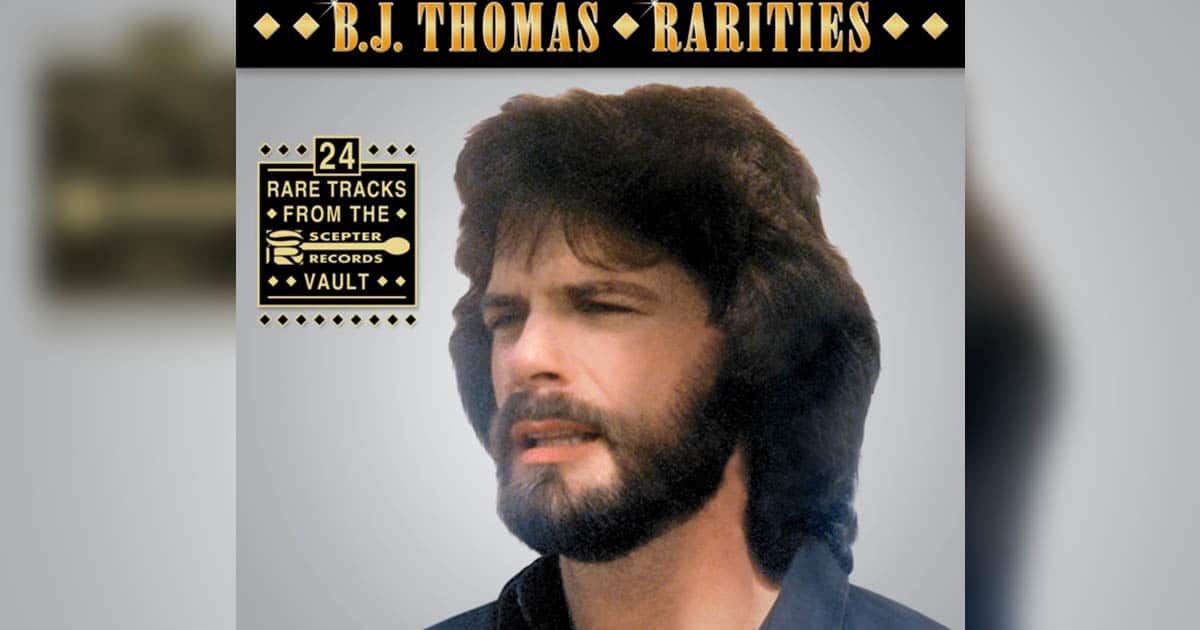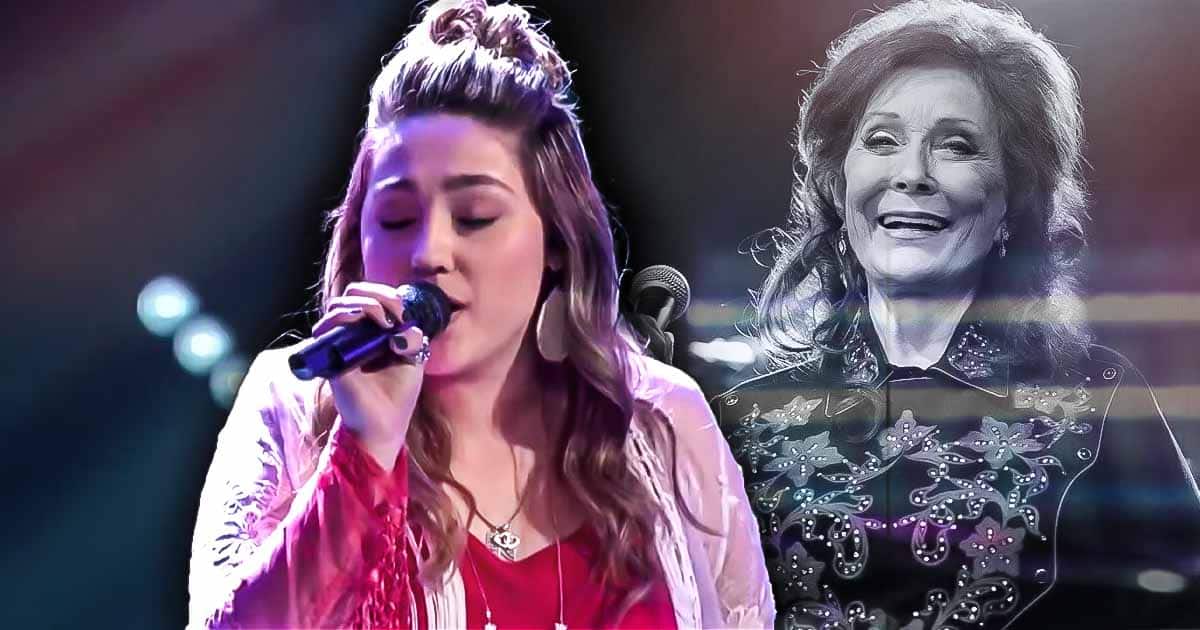The Academy of Country Music Award is another glaring evidence that women were heavily excluded in the country music scene. Host Reba McEntire had some sharp jabs about this fact. And, certain studies have proved that women don’t get that much air time either.

That’s why Hollywood actress Reese Witherspoon took it to Twitter to call out the phenomenon, and help change the narrative in Nashville.
Reese Witherspoon’s Support
Let’s fix this y’all! Women are severely underrepresented on the country radio. Shout out to the @Inclusionists for tackling inequality in entertainment through research and projects 🙌🏼https://t.co/xXQns1jr9e
— Reese Witherspoon (@ReeseW) April 10, 2019
Witherspoon turned to her social media account on the 8th of April to write the following:
“Let’s fix this y’all! Women are severely underrepresented on the country radio. Shout out to the @Inclusionists for tackling inequality in entertainment through research and projects.”
The actress also highlighted the Annenberg Inclusion Initiative, which did a study on why women were getting left out of country music and putting the data and the rationalization out there.
In the tweet, Witherspoon also cited an article from the Washington Post about the 2019 ACM Awards. It was noted in the article that there were 32 male artists who performed, compared to the 13 females. Also, it took more than half the show for a woman to win an award.

Kacey Musgraves won both Album of the Year and the Female Artist of the Year. While Nicole Galyon won Song of the Year for co-writing Dan + Shay’s Tequila.
CMT’s Efforts
CMT has recognized the disconnect in gender disparity and has become a leader in the conversation. In 2013, they launched a program named CMT Next Women of Country program.

CMT’s Senior Vice President of Music & Talent, Leslie Fram, led the Next Women program after seeing a need for country women to be heard.
“Coming from radio — a male-dominated business, I found that women both on the business side and artists had to work harder to get their voices heard, earn respect and have the ability to grow. I want to continue to fight for equality and help create an equal playing field for these artists. It’s important and vital for the future of our format.”

